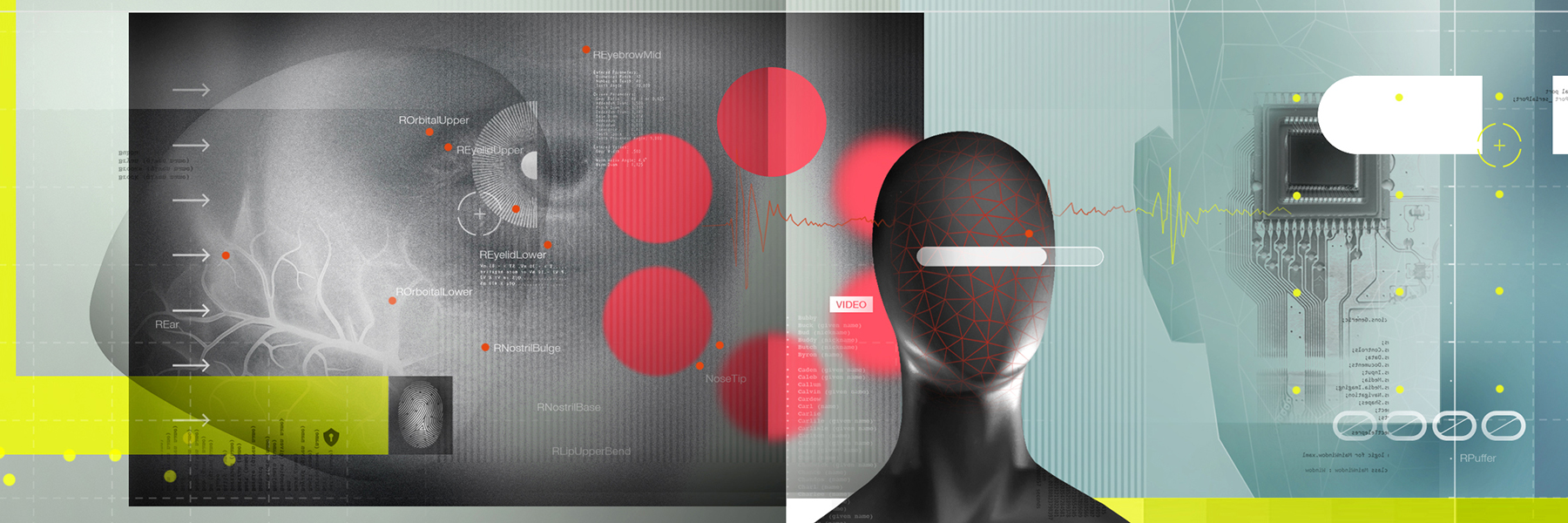Switzerland in no rush to tame artificial intelligence

Switzerland’s methodical approach to regulating artificial intelligence (AI) has hit a delay, increasing the gap between the Alpine state and other countries that have either introduced legislation or announced concrete strategies for exploiting the digital revolution.
Lawmakers in every country face a conundrum regarding regulating AI. The groundbreaking technology is globally recognised as having the potential to transform economies and societies for the better. But used the wrong way, AI could also churn out false information and amplify discrimination. The challenge is to harness the positive effects of AI while minimising the risk of harm.
+ Read about AI’s impact on the creative workforce
The Federal Office of CommunicationsExternal link (OFCOM) has been charged with producing the initial guidelines for regulating AI in Switzerland. The recommendations were due to be delivered by the end of 2024 but have been delayed by a month.
Fifteen experts, including two specially hired lawyers, have produced three baseline reports on the “complex topic”, comprising several hundred pages. They are expected to be made public by the government later this month.
The delay resulted from other government departments needing more time to review the reports and suggest changes, OFCOM said.
+ How intelligent are safeguards against AI abuse?
The next steps will take several months to complete. First, the government will produce its verdict on desired AI regulation, based on OFCOM’s recommendations. This will then go to parliament for debate, followed by a consultation on the draft bill with industry, civil society and other interested parties.
Other countries act
Depending on the shape of the final legislation, the proposed new laws could be subject to a public referendum, which could extend final implementation by a couple of years.

More
Swiss employees less protected from AI risks than in the EU
In the meantime, other countries have forged ahead with their own versions of AI regulation. The European Union passed an AI Act last summer, while Britain’s government introduced a comprehensive AI strategy policy in January 2025.
Switzerland’s final AI regulation must navigate the very different views of separate societal groups.
The NGO AlgorithmWatch Switzerland issued a position paper last year urging lawmakers to focus on containing the harmful side effects of AI.
“What kind of AI do we want? How do we ensure that this technology does not reproduce existing injustices and only serves the interests of a few? And how can we shape AI – instead of it shaping us?” the report states.
“Politicians must therefore show the will to shape the future to protect fundamental rights, defend democracy and enable sustainability when dealing with algorithms and AI.”
Business groups, however, fear being tied up in EU-style red tape. This approach was summed up by Swiss People’s Party parliamentarian Franz Grüter in an opinion piece in the online journal Inside IT in December.
Switzerland’s options
Rather than asking what type of regulations are needed, “why don’t you ask what it takes and how we can succeed in being at the forefront of AI and digitalisation in Switzerland and throughout Europe?” he wrote.
According to a range of legal opinion canvassed by SWI swissinfo.ch, the Swiss authorities have three likely paths to regulating AI.
Switzerland could follow the path of the EU by drawing up completely new legislation, which identifies specific potential threats posed by AI across society and attempts to mitigate them with new legal provisions.

More
Has Switzerland missed the train on AI regulation?
Or the authorities could choose to update existing laws, such as the data protection act, to account for likely changes brought about by AI. This was the approach Switzerland took in 2021 to incorporate cryptocurrencies and blockchain technology.
A third option would be to follow the “innovation first” approach of the United States and Britain. Both countries have opted against new legislation for the time being, instead opting to allow digital innovations to flourish under the watchful eye of government agencies.
“When it comes to regulation, we will be pro-growth and pro-innovation,” British Prime Minister Keir Starmer said on January 13, announcing the country’s new AI strategy. “We are now in control of our regulatory regime so we will go our own way on this.”
Striking a balance
Switzerland’s ability to go its own way is constrained by its close economic ties to the EU. More than half of Swiss exports go to EU countries and Switzerland is still locked in the delicate process of redefining its future relationship with Brussels.
“Being surrounded by EU member states, Switzerland certainly cannot ignore the European AI regulation,” legal and medical expert Kerstin Noëlle Vokinger told SWI swissinfo in December.
“[But] I don’t think Switzerland currently needs regulations like those of the EU, which are very comprehensive and horizontally regulate all AI technologies. Striking a balance between innovation and safety, including individual rights, is crucial.”
By the end of January the Swiss public will have a better idea of which path Switzerland wants to take.

More
The ethics of artificial intelligence
Edited by Balz Rigendinger/ts

In compliance with the JTI standards
More: SWI swissinfo.ch certified by the Journalism Trust Initiative









You can find an overview of ongoing debates with our journalists here . Please join us!
If you want to start a conversation about a topic raised in this article or want to report factual errors, email us at english@swissinfo.ch.